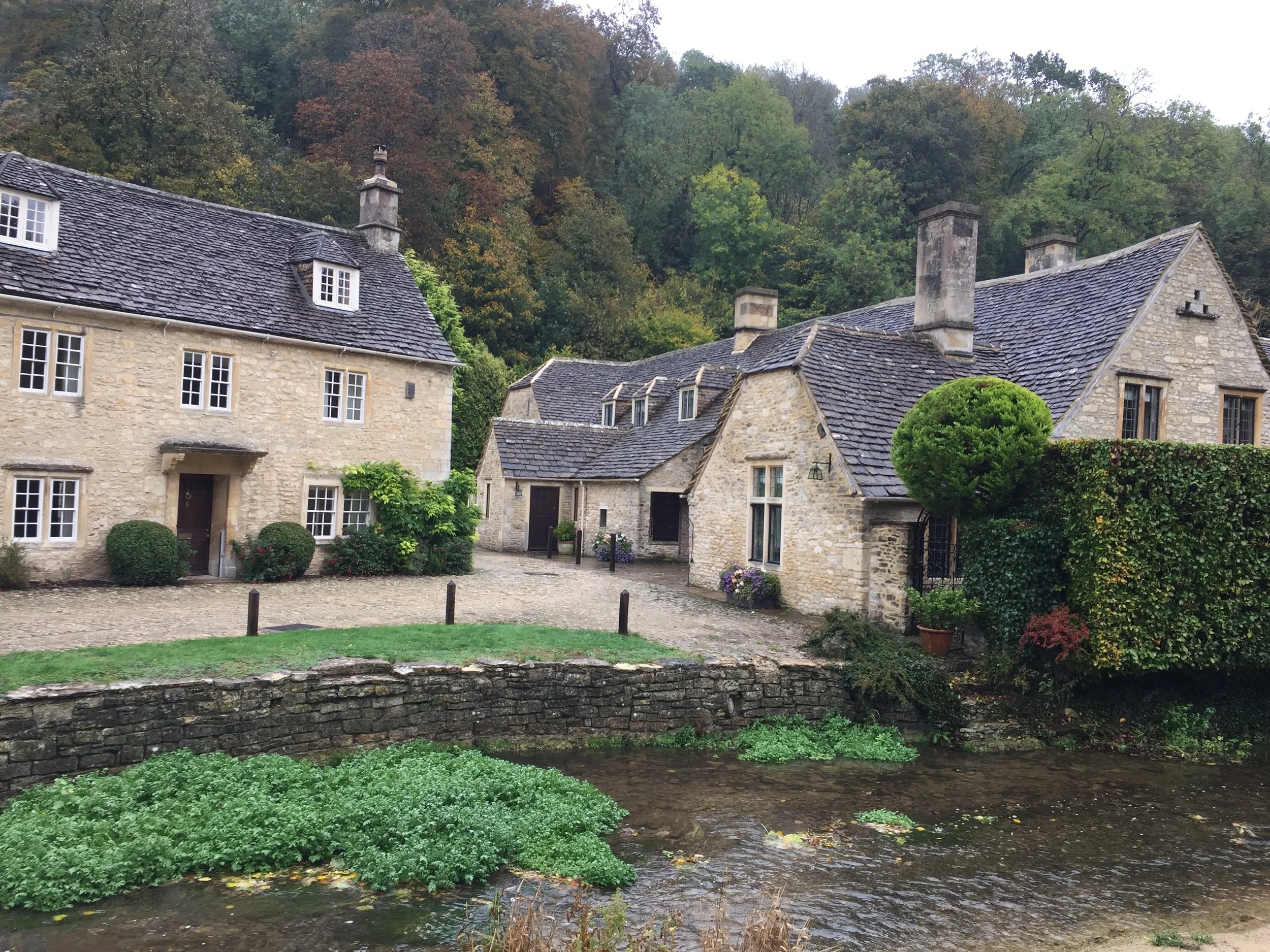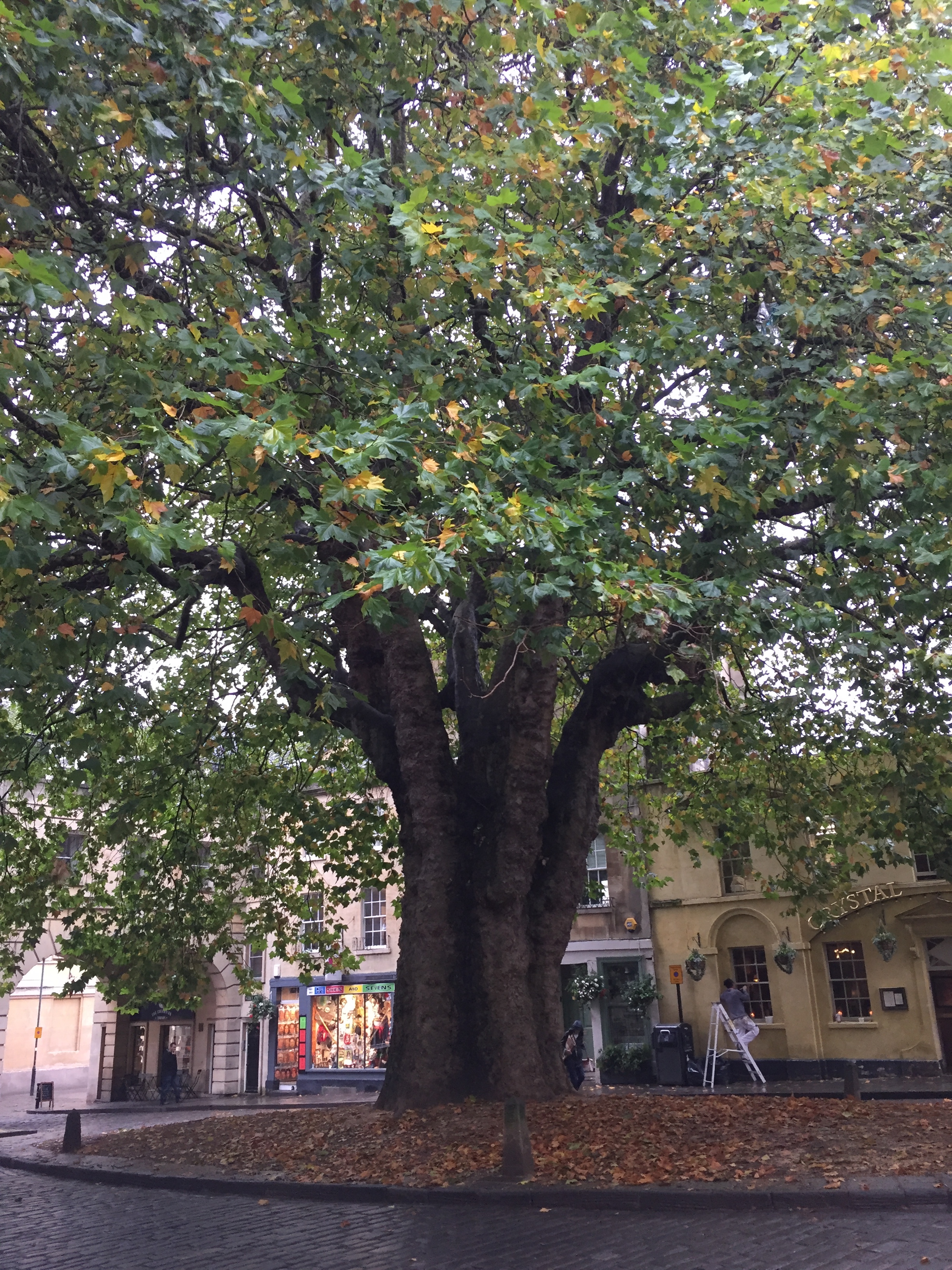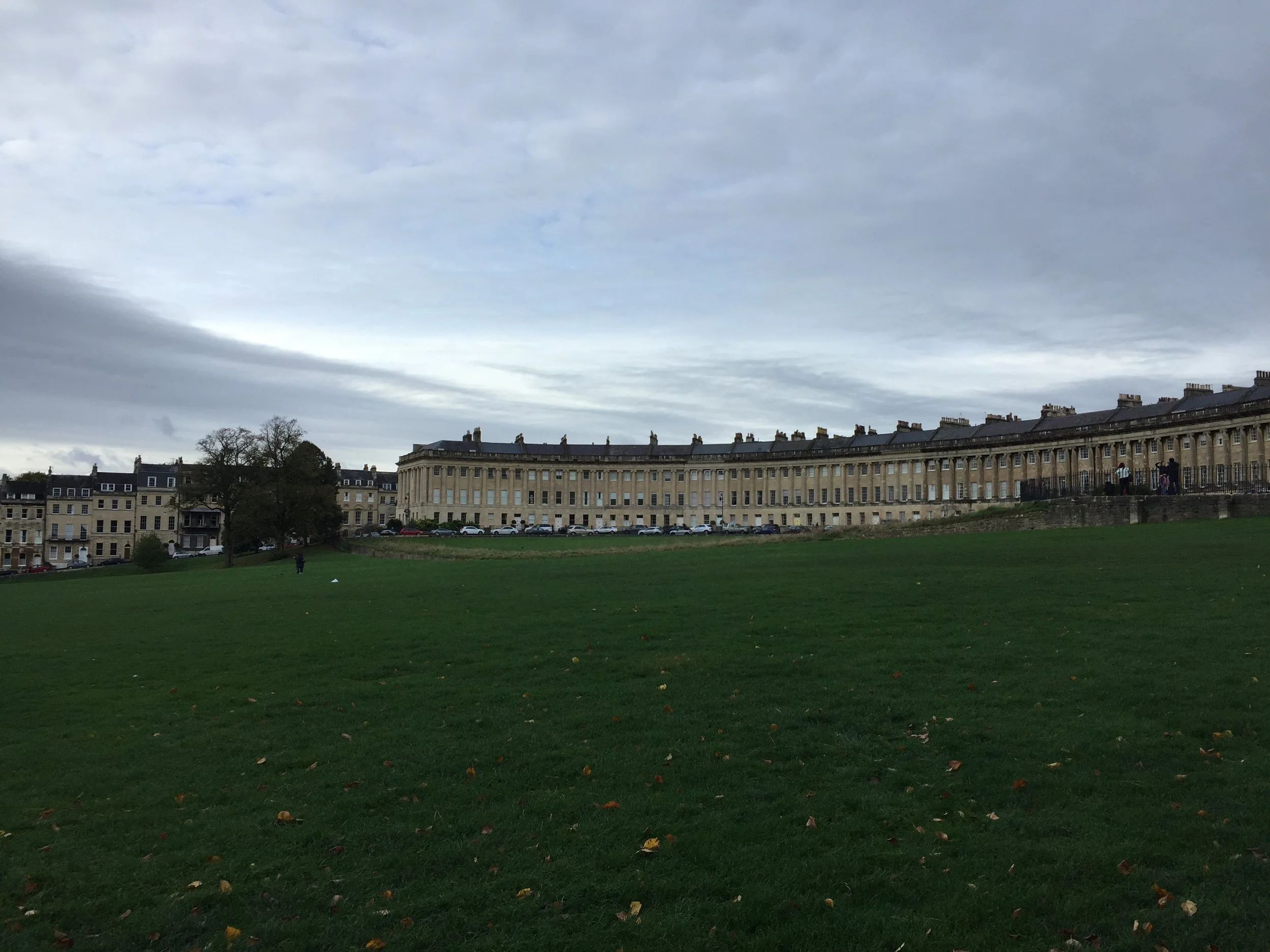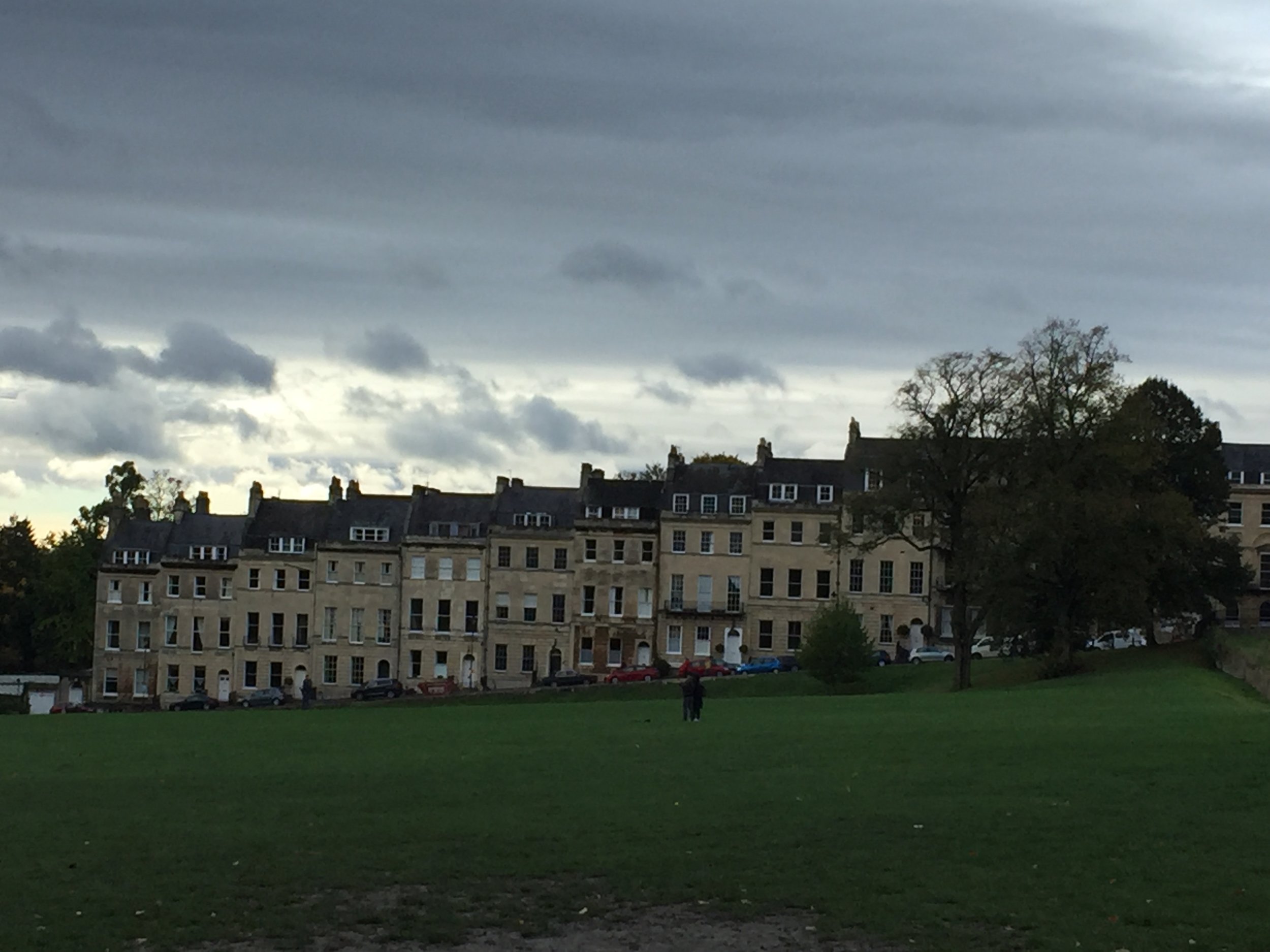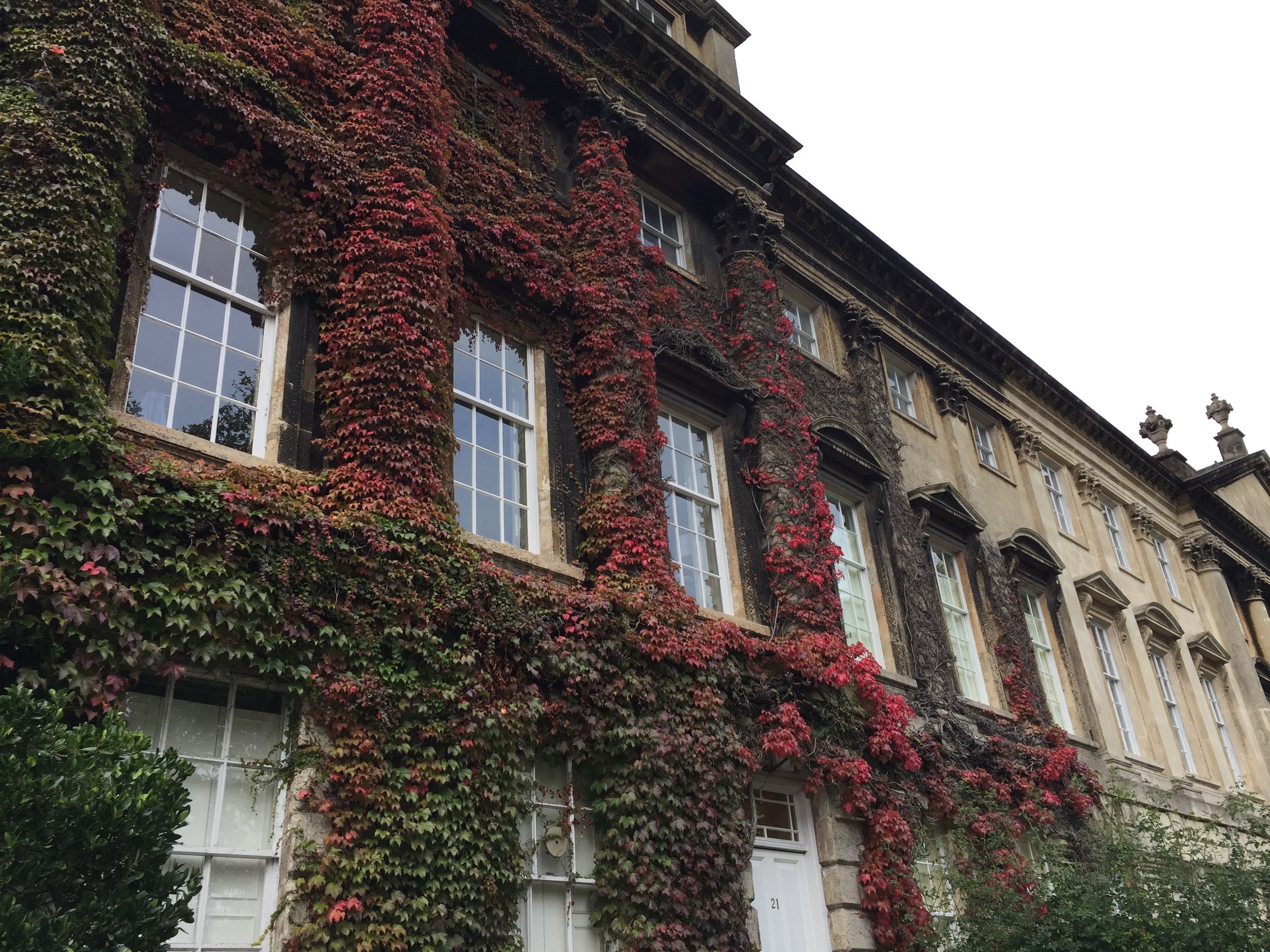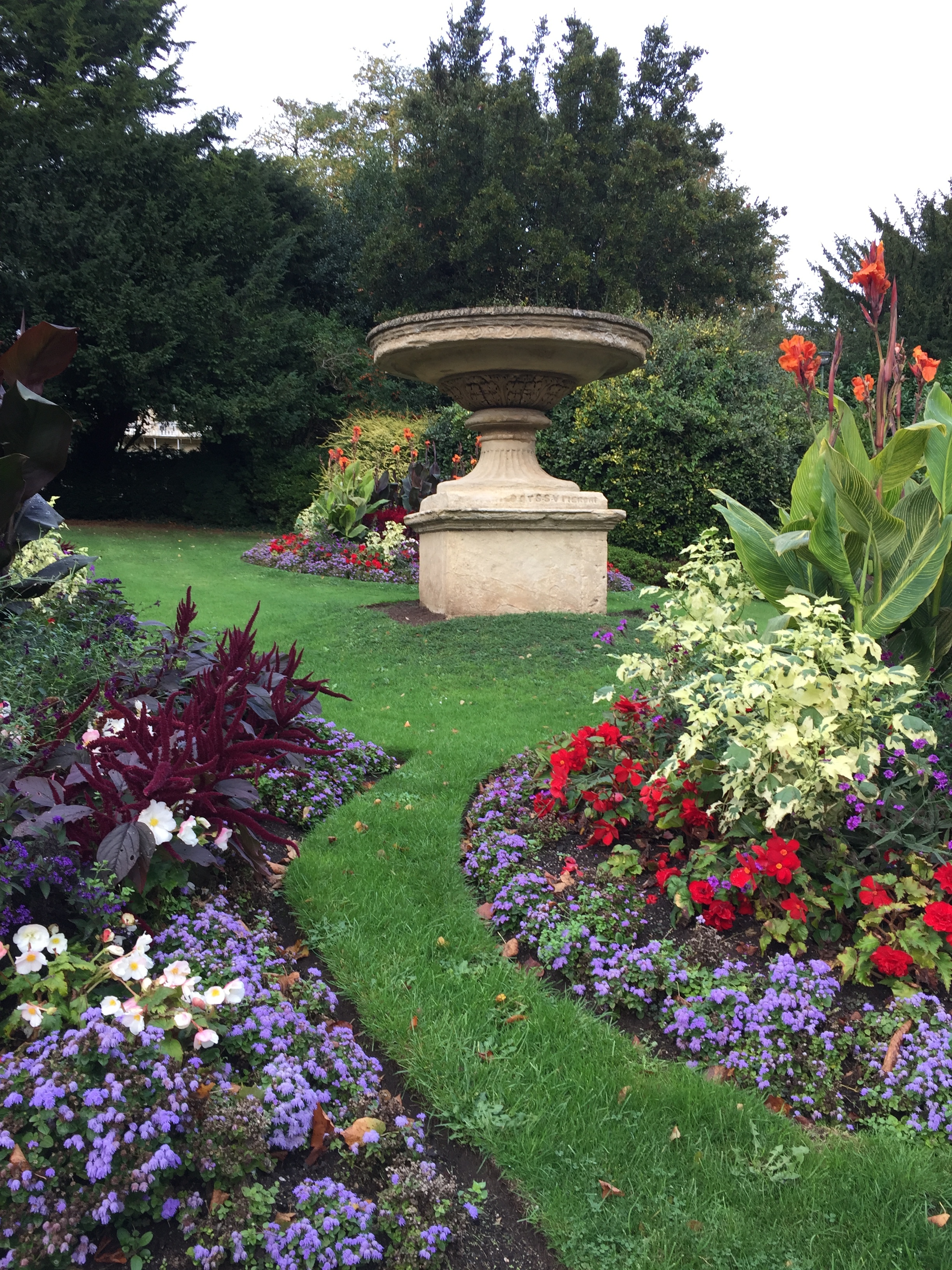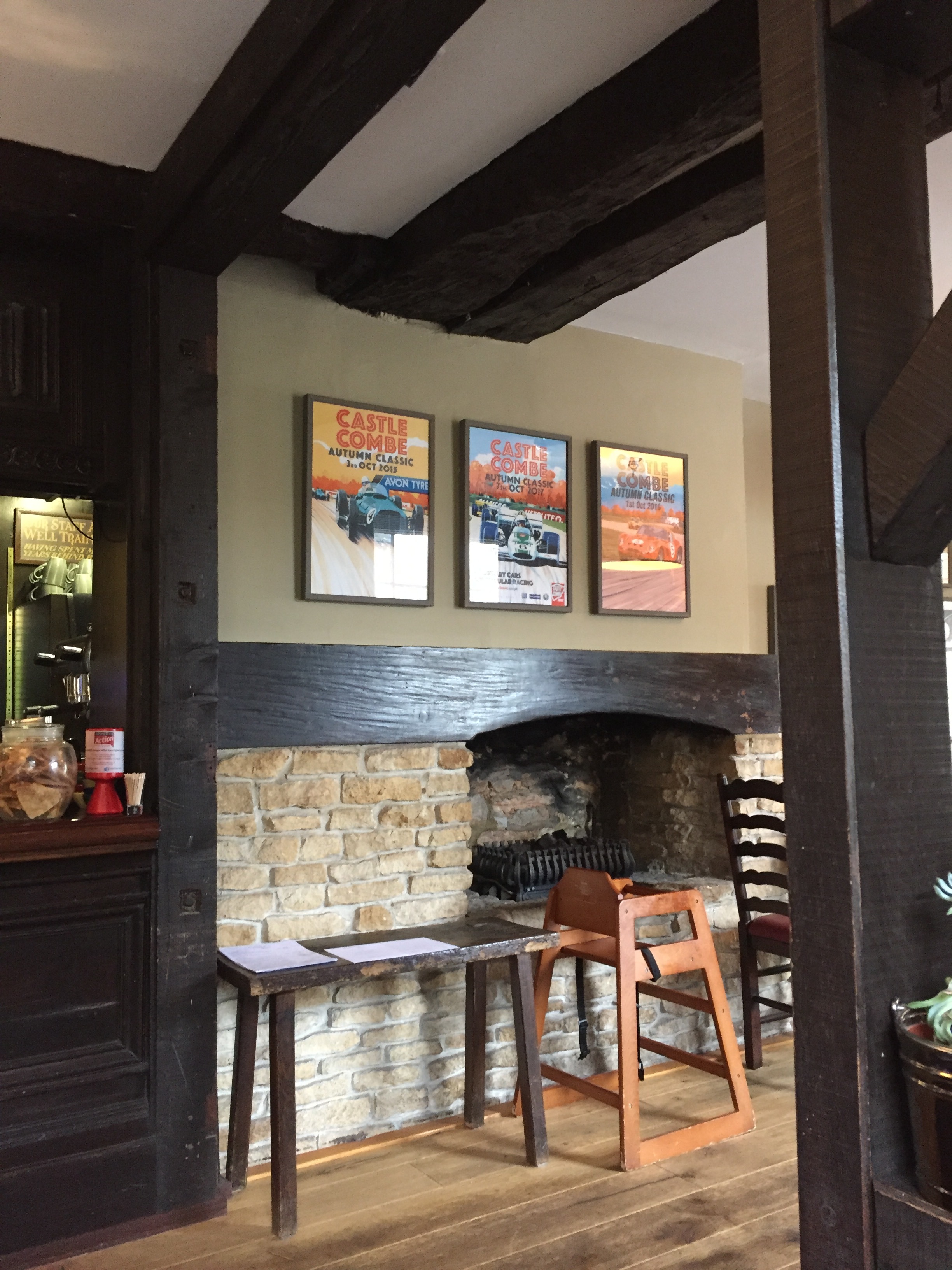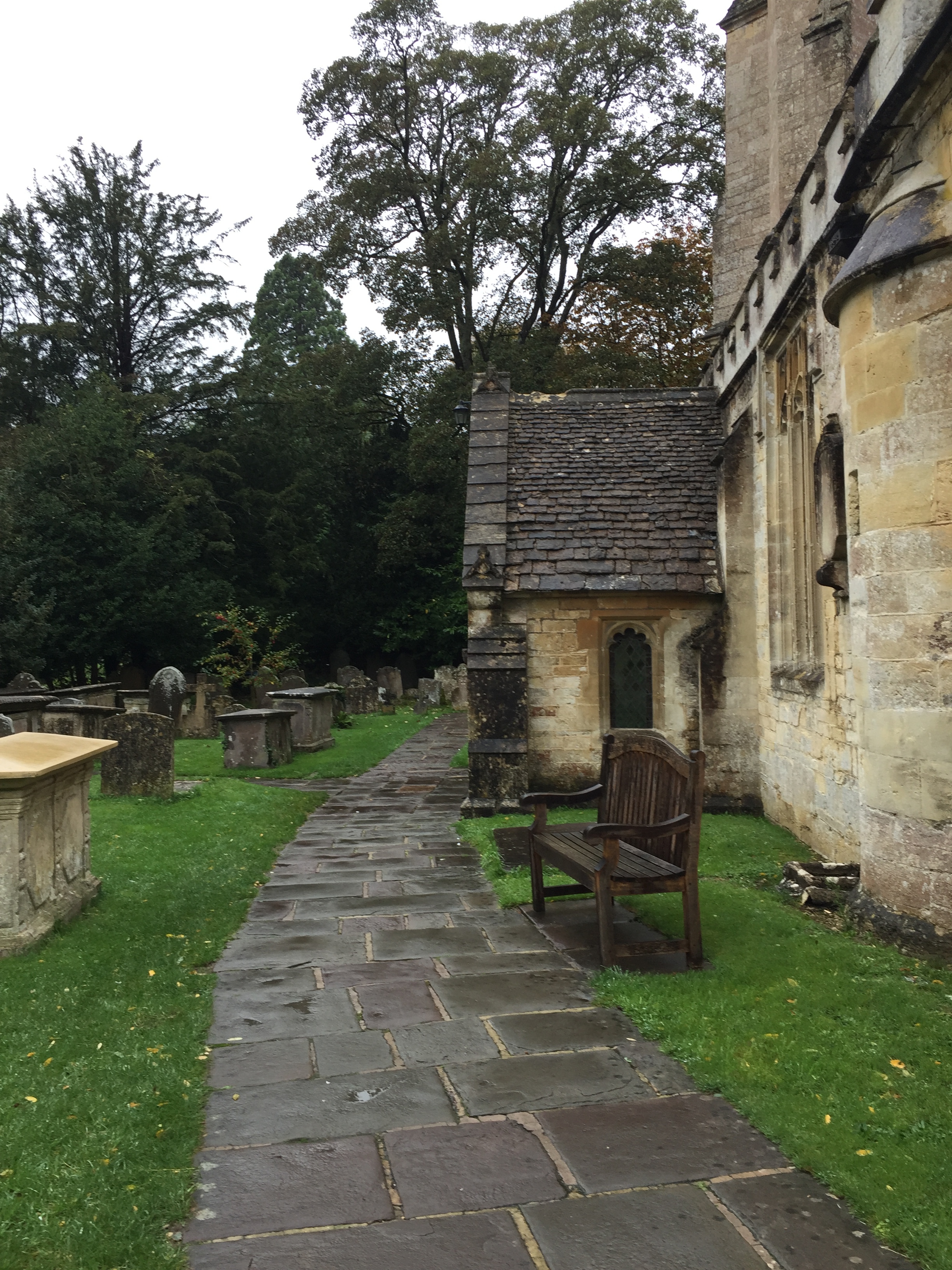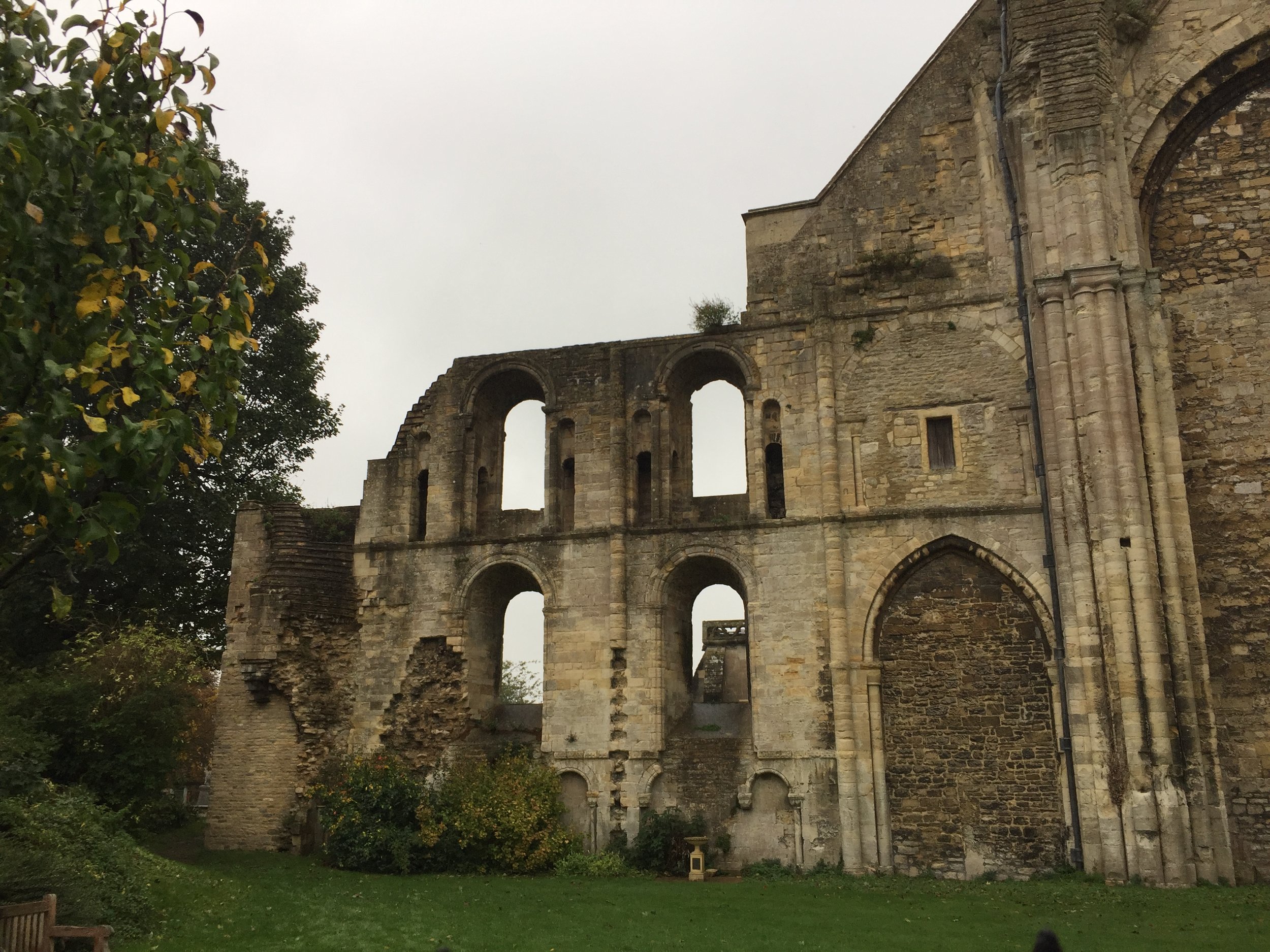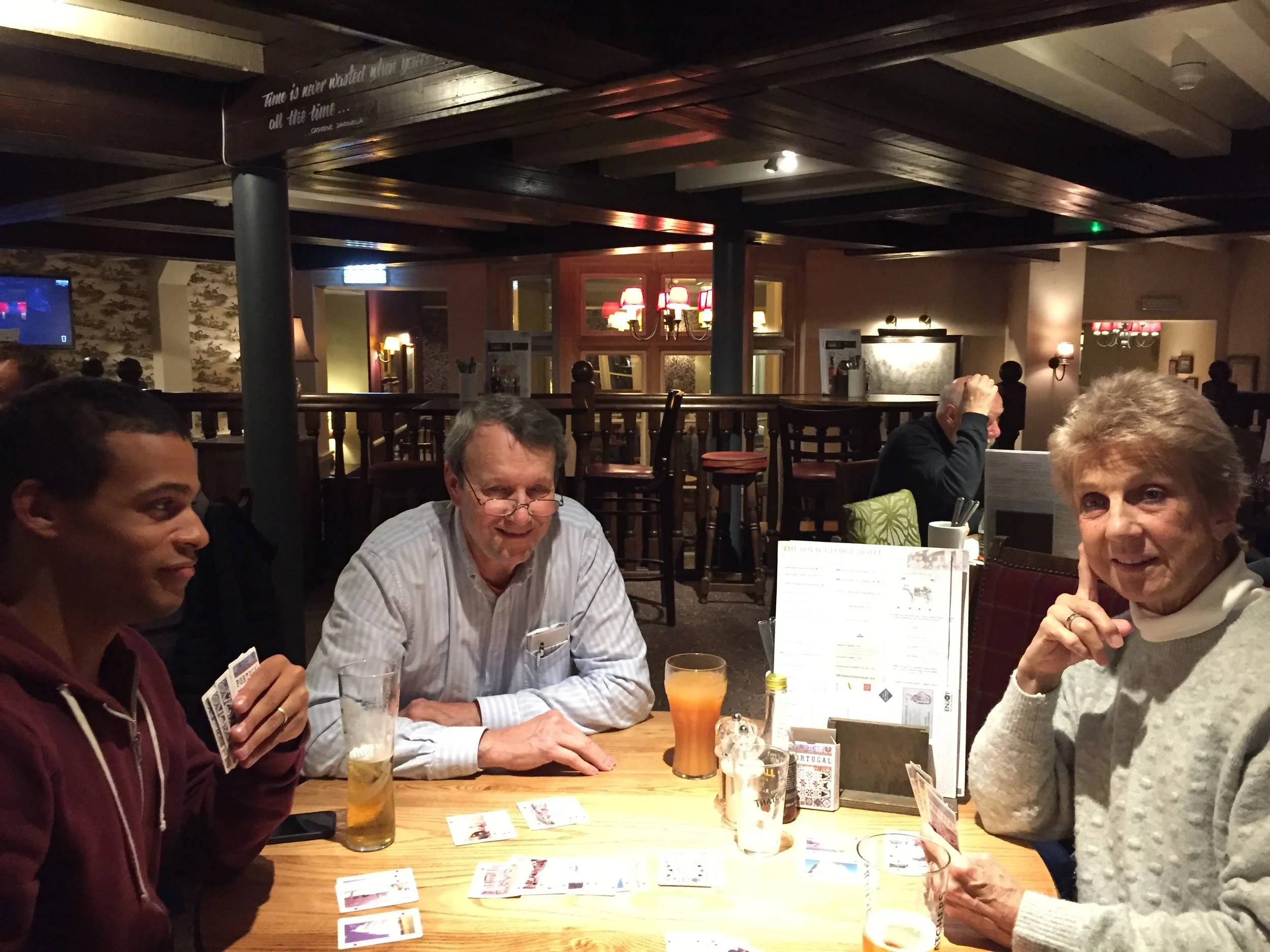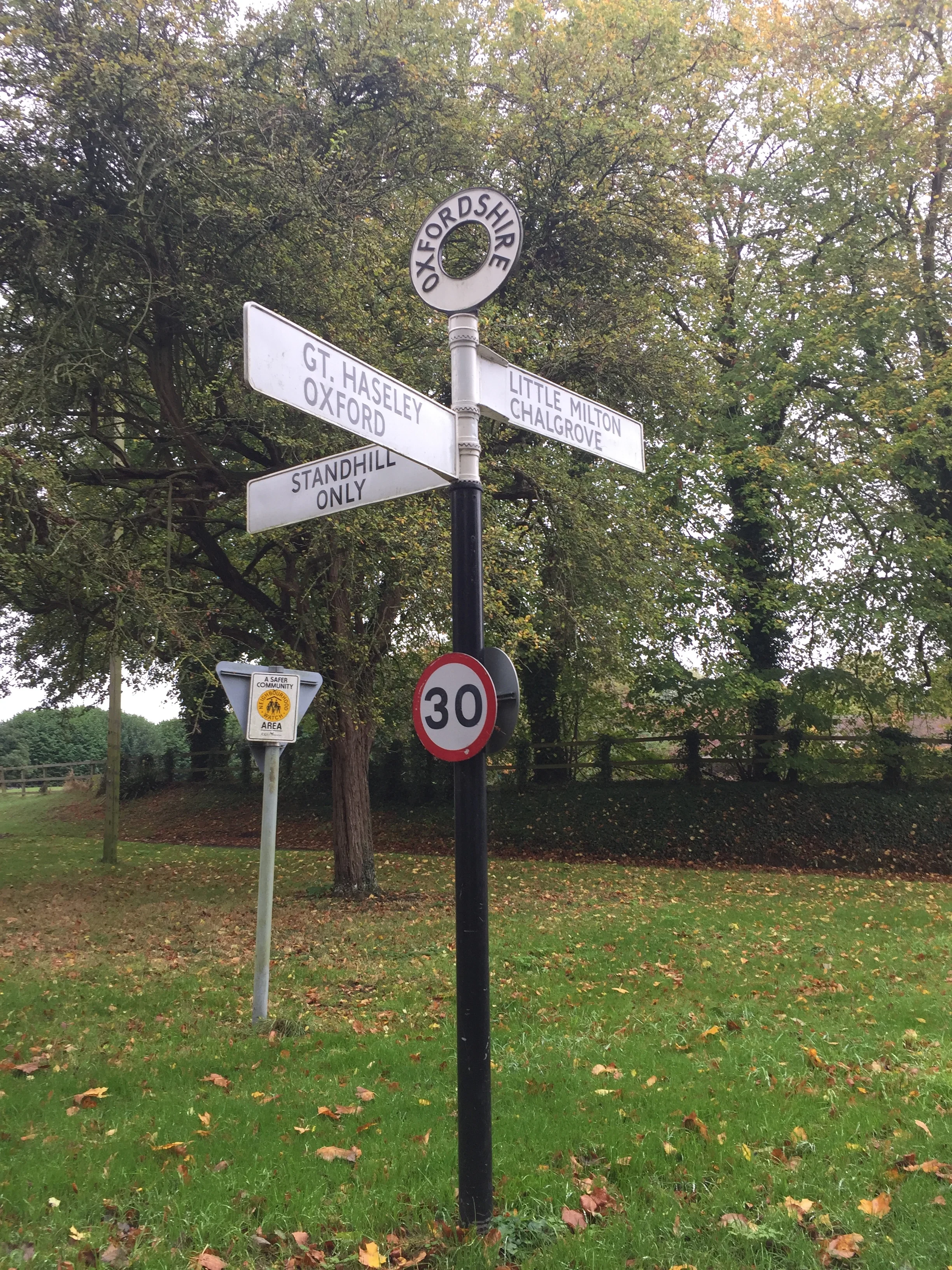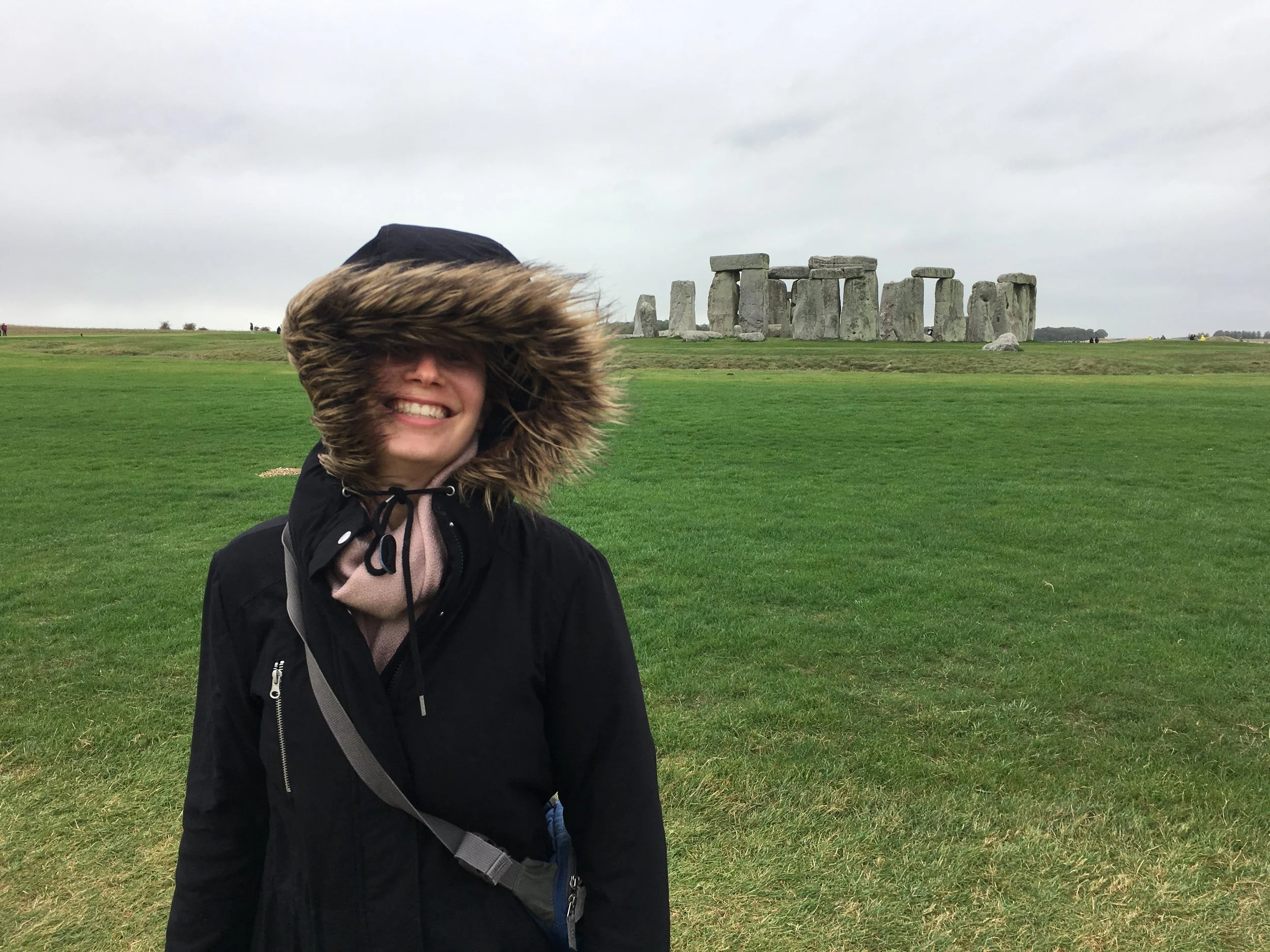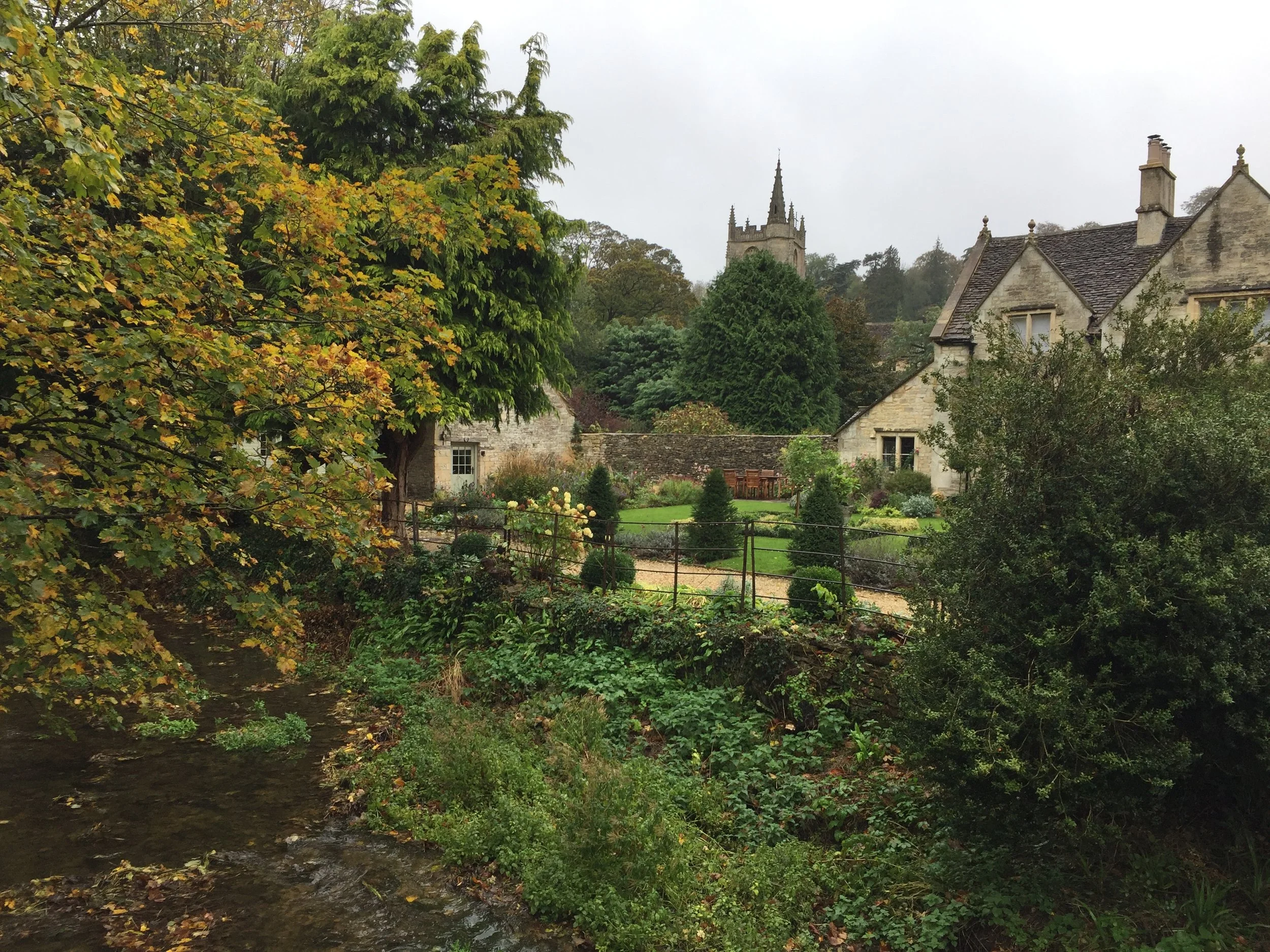English Countryside II: Bath, Castle Combe, Malmesbury
As all good trips do, we knew our time exploring the English countryside would fly. And as predicted, once we hit Bath, it did.
But perhaps it was because I fell under Bath’s spell. There’s no denying the allure: a walkable city lined with architectural marvels and hidden hipster cafes and bars.
To put it simply, Bath is a charmer.
Above all, Bath exudes a rich history. The Roman and Georgian architecture has earned the entire city Unesco World Heritage Site status.
On a personal note, I found it more intriguing that Jane Austen lived in Bath in the early 1800s. Furthermore, serves as the setting for the acclaimed Pride and Prejudice.
The city itself is named for being built on natural hot springs, dating back to 70 AD. Although we didn’t partake in the Roman baths this time, it’s a reason to come back.
Bath isn’t terribly big, and nearly everywhere can be reached on foot. We started our day exploring the the Circus.
The exquisite Georgian construction helped turn Bath into the prime high society destination in the 18th century society.
Nearby, the same style of architecture can be found in the Royal Crescent.
Both streets have beautiful townhouses designed by John Wood in the 1700s.
We stayed with Will’s parents in the center of town, and across the street was the sweet cafe, Same Same but Different. We enjoyed a leisurely lunch before trekking on.
Despite it’s size, there’s plenty to explore. Architecture aside, we were inspired by the manicured gardens.
And absorbing the undeniable infectious energy of England in autumn.
We walked along River Avon and by the Pulteney Bridge, built in 1769.
And the Bath Abbey, which was originally founded in the 7th century.
The abbey is still an active place of worship and contains war memorials and monuments of notable, local people.
The interior is beautiful, and lauded for its fan vaulting and commemorative stained glass windows.
The highlight for sure was exploring with Will’s parents. Although Will and I don’t like to think of ourselves as jaded, learning with a new perspective felt refreshing.
The temperature significantly dropped, so we stopped in the The Pig and Fiddle for our nightly pint and few rounds of cards.
In England, it feels that every pub has character, and thus a story. The Pig and Fiddle opened in 1978 brewing quality beer in response to the political and social upheaval at the time. Margaret Thatcher took the Tory leadership and punk music was on the rise. I imagine this bar to be exactly the same as it was nearly 40 years ago.
That evening, as it started to rain, we enjoyed one of our favorite meals in England at Indian Temptation. Other than India, Will and I have had some of the best Indian food in the UK.
The following day we ventured to the quaint Castle Combe in Wiltshire.
The village is named after the 12th century castle.
Although the population is under 400, Castle Combe carries weighty accolades. It frequently tops lists as one of the—if not the—most charming villages in England.
The houses comprise of honey colored Cotswold stone, which is emblematic of the area.
The typical Cotswold homes are constructed with thick walls and roofs made from split natural stone tiles.
Since most are hundreds of years old, and dubbed ancient monuments, there are strict regulations to preserve the integrity of Castle Combe.
But as we wandered through the small town, the streets were quiet after the rain, almost eerily so.
There were sweet little local shops, yet no one seemed to be attending any potential customers.
We had to stop at one selling homemade British baked goods. When we went to pay for the shortbread we realized you simply left the money via the honor system, naturally.
Fortunately, a few inns were open and we enjoyed lunch at the pub in the Bell Inn.
The 17th century inn now located in the center of the village was originally an old farmhouse.
After, we explored St Andrew’s Church, which dates back to the 13th century.
Notably, the church has a faceless clock, considered to be one of the oldest working clocks in the country.
There’s also picturesque foot paths bordering the village.
Walking through the beech woodland made me appreciate a slower, quieter way of living. Cities have their allure for sure, but Will was slowly swaying me to see the enormous benefits of the countryside. Slowly, I’ll reiterate.
Our last stop was Malmesbury, a market town in Wiltshire.
The ancient town gained some sort of notoriety in the Middle Ages, largely due to the Malmesbury Abbey.
Once the site of an Iron Age fort, the town is one of the oldest boroughs in England.
The abbey itself was founded in 675, and the first king of England was buried in Malmesbury Abbey when he passed away in 939.
In the Anglo-Saxon period, the monastery was recognized as a prestigious area of learning.
Our last evening was spent at The Royal George in Birdlip, in the Gloucestershire countryside.
It was bittersweet, our time went by so quickly, but we experienced so much without rushing. The true art of traveling, I believe.
My favorite part were undoubtedly our evenings. The charming inns, exuding so much character. We were able to get a real feel for the area. And really catch up, and not amongst the hectic holidays for once, when we typically spend time quality together. It felt like the real treat.


